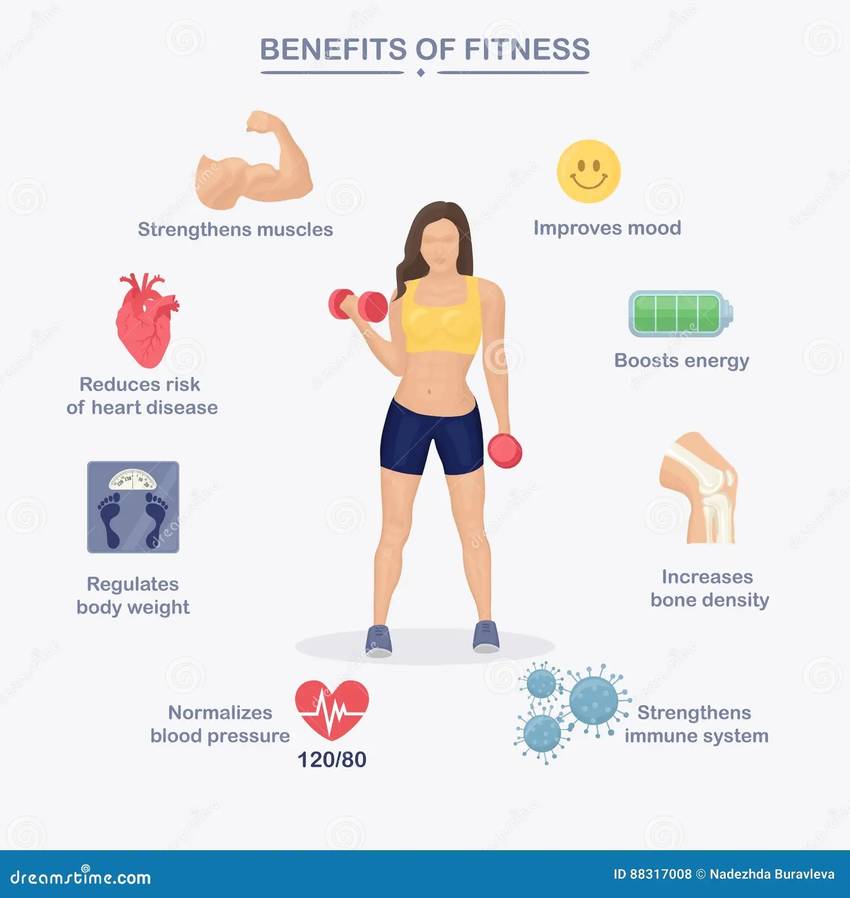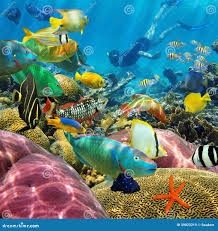Exercise changes our gut Microbiome
Nov
12
Exercise, can modify gut microbiota by its positive impact on energy homeostasis where the cells in our body regulate energy and food intake.
Denise Alvey, RDN, a registered dietitian with UCLA Health Sports Performance powered by Exos, said that “exercise allows for more oxygen to reach the brain and bloodstream,” which is a healthy environment for good bacteria to flourish. Alley adds that good exercise and a healthy diet complement each other in ways the allow our gut flora to flourish.
https://www.uclahealth.org/news/new-microbiome-research-reveals-exercise-may-impact-gut



